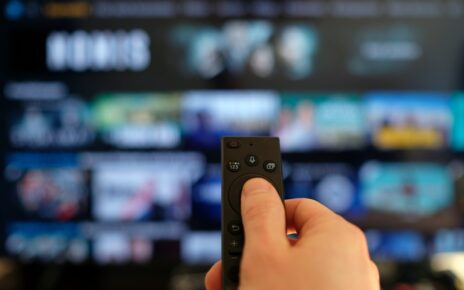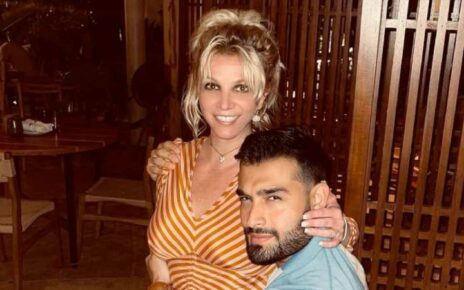GETTING a good night sleep feels like a luxury more than the standard.
It’s something a lot of Brits don’t prioritise, distracted by work, socialising and parenting.


Dr Michael Mosley, a former doctor and author, said most people do not get the recommended seven hours of sleep (at least).
And it’s worse in the month of June, he said, because there is more daylight.
Daylight triggers wakeful hormones, while suppressing sleepy hormones.
Read more on sleep

Sleeping position could trigger diseases like ALS in your brain, study finds

I’m a pharmacist – here’s why the change in weather is ruining your sleep
Dr Michael gave his best tips for improving sleep to the presenters of the BBC Newscast podcast, including how to nod off faster:
1. The 15-minute rule
If you’re struggling to get to sleep, try the 15-minute rule that experts swear by.
Dr Michael said: “The advice is broadly the 15-minute rule. If you are still awake after 15 minutes, get up and do something boring until you feel sleepy and then go back to bed.”
Experts say that getting up is better than lying in bed restless.
Doing the latter can make you more anxious about sleep, which further makes it difficult to nod off.
Most read in Health
PLEA FOR HELP 
I'm terrified I'm going to die alone in hospital bed – I'm desperate for help

Bowel cancer DNA test to spare thousands pointless chemotherapy

I'm a doctor and here's what your vagina is really trying to tell you

I'm a dentist – here's the 5 health trends giving you toothache
2. Only sleep and sex
Lounging around in bed is something we are all guilty of.
Dr Michael said the bed should only ever be used “for sleep and sex, and nothing else”.
Without any distractions, such as TV or gaming, the brain learns to associate bed with sleep, and only sleep.
3. A dark room
Dr Michael said June is the month where people get the least amount of sleep because there is more daylight.
Hormones that wake us up, as well as make us sleepy, are completely dependent on how much light we are exposed to.
Dr Michael said: “Get a pair of eyeshades – not the sexiest in bed, but the early morning light is what wakes you up.
“June is actually the month in the year when we get the least sleep. It's about 25 minutes less than in the winter. And that's mainly because of the impact of light.
“And unless you have fantastic curtains it's likely that the light will come in and wake you up.”
4. Wake up with daylight
Dr Michael stressed the importance of getting exposure to daylight as soon as you wake up.
This leads to a spike in morning hormones such as cortisol that make you feel more awake.
It “resets your internal body clock”, Dr Micahel said, which in turn will aid sleep in the evening.
“The light first thing in the morning basically resets the clock and that then sets you up for the rest of the day,” Dr Michael said.
“The light you get indoors is about 10 per cent of the light outside. So a 20-25 minute walk first thing in the morning before breakfast, if you've got the time to do it is brilliant.”
5. Get a routine
Dr Michael said “getting into a routine is absolutely critical to getting better sleep”.
He said this is mostly set by the time you wake-up, as opposed to the time you go to bed.
Read More on The Sun

McDonald’s major menu shake-up has FOUR new burgers and brand new halloumi fries

Love Island girls gobsmacked as Laura Whitmore reveals huge show twist
Other experts have explained that a consistent wake-up time is the most detrimental to the internal body clock, which resets every morning.
Sleeping in to the late morning confuses the body clock, and in turn, will make it harder for you to go to bed at your normal bed time.
Source: Read Full Article


